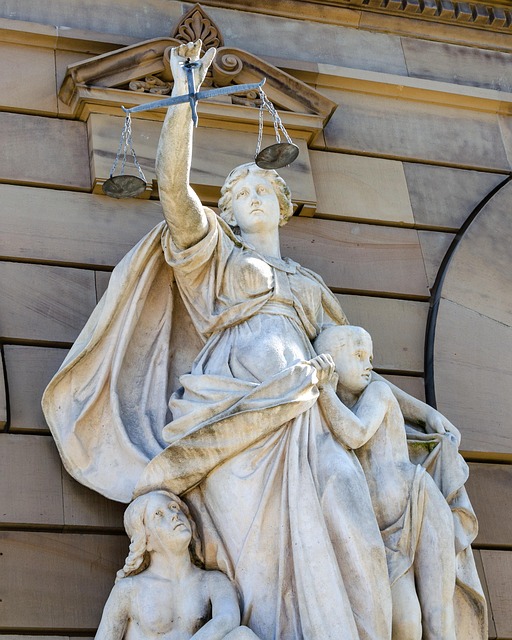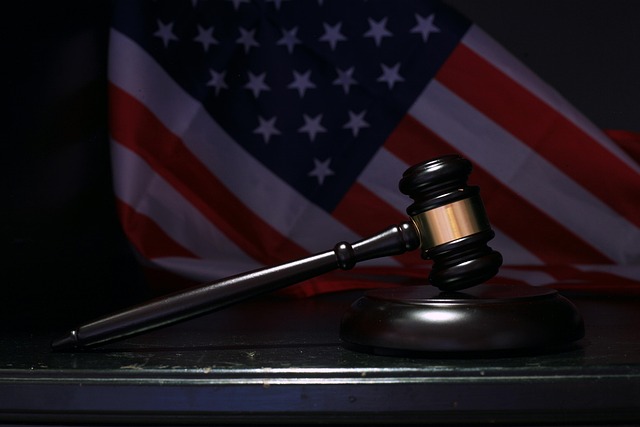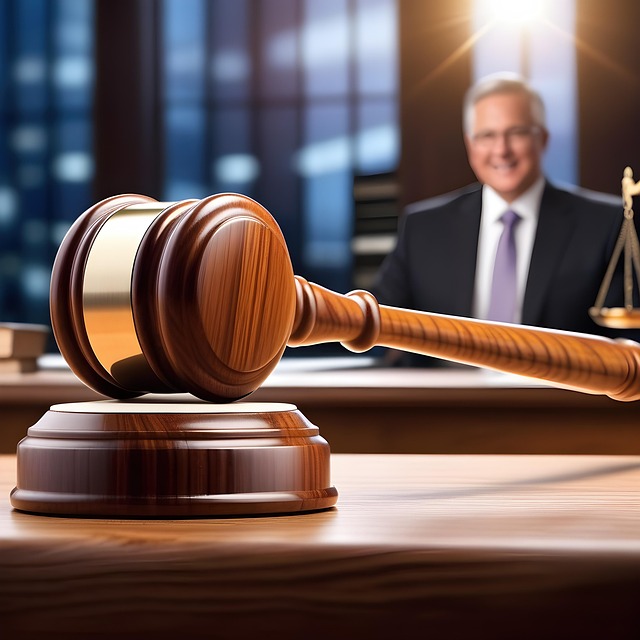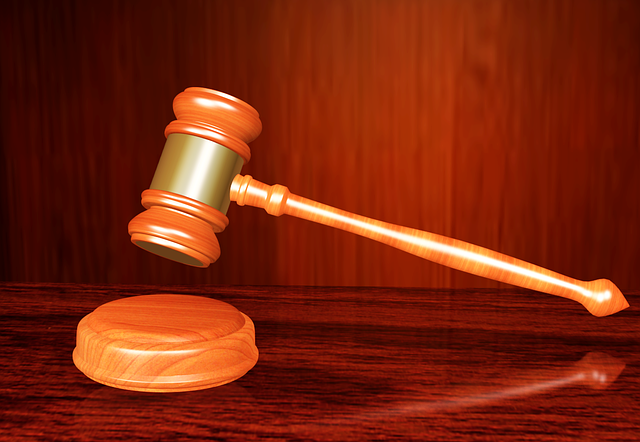Building a Defense Against False Accusations in public corruption cases requires strategic planning, legal expertise, and robust evidence. It involves meticulous fact-finding, understanding applicable laws, and presenting exculpatory evidence to prove non-malicious intent. Experienced legal counsel specializing in white-collar crime is vital for navigating complex procedures, securing favorable verdicts, and protecting reputation from false allegations. The ultimate goal is the complete dismissal of all charges through strategic cross-examination, expert opinions, and a compelling narrative demonstrating acceptable bounds of actions within industry practices.
Public corruption charges can shatter lives and careers. Understanding these complex accusations, defined by misuse of power for personal gain, is crucial. This article guides you through the legal landscape, offering insights into building a robust defense against false accusations. From strategic planning to leveraging evidence and navigating procedures, learn how to protect your reputation and effectively challenge allegations. Discover key steps in defending against public corruption charges and regain control of your future.
- Understanding Public Corruption Charges: Definitions and Legal Framework
- Strategies for Building a Strong Defense Against Accusations
- The Role of Evidence and Legal Procedures in Disproving Allegations
- Protecting Reputation and Navigating the Legal Process Effectively
Understanding Public Corruption Charges: Definitions and Legal Framework

Public corruption charges can range from abuse of power and bribery to fraud and misappropriation of public funds. At their core, these accusations involve a breach of trust between government officials and the citizens they serve. Understanding the specific legal definitions and frameworks behind these charges is crucial for anyone facing such allegations. The complexity of these cases often necessitates a strategic building of a defense against false accusations, focusing on fact-finding, evidence analysis, and navigating the intricate web of applicable laws.
The legal landscape surrounding public corruption varies by jurisdiction, but common threads include the need to prove intent, quid pro quo, and tangible evidence of misconduct. In many cases, jury trials play a pivotal role in determining guilt or innocence. A winning challenging defense strategy can involve presenting exculpatory evidence, challenging the credibility of witnesses, and exploiting procedural gaps. Achieving extraordinary results in these high-stakes cases requires a deep understanding of the law, meticulous preparation, and an unwavering commitment to defending one’s integrity and reputation.
Strategies for Building a Strong Defense Against Accusations

When facing public corruption charges, building a strong defense is paramount to achieving the best possible outcome. The first step involves meticulously reviewing and understanding the accusations, gathering evidence that disproves or mitigates them, and identifying potential legal loopholes. Engaging experienced legal counsel who specialize in white-collar crime is crucial; they can navigate complex laws and regulations related to public corruption, ensuring your rights are protected.
Strategic planning includes a thorough examination of the respective business environment and industry practices to demonstrate that any actions were within acceptable boundaries. A winning challenging defense verdicts often hinges on presenting a compelling narrative that shows intent was not malicious but rather a result of misunderstandings or misinterpretations. By employing robust legal strategies and gathering strong evidence, individuals can achieve extraordinary results in defending against false accusations.
The Role of Evidence and Legal Procedures in Disproving Allegations
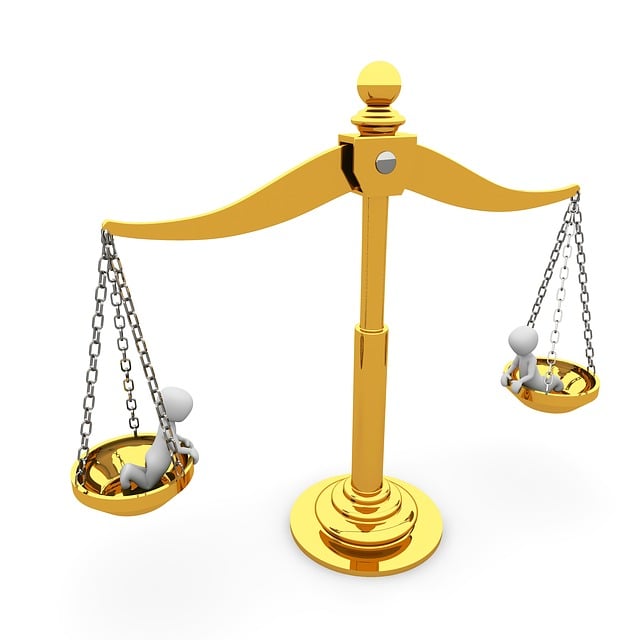
In the face of public corruption charges, building a robust defense strategy is paramount. The cornerstone of this defense lies in the presentation of compelling evidence and navigating legal procedures effectively. Strong, credible evidence can disprove allegations and expose the weaknesses in the prosecution’s case. This includes thorough documentation, witness testimonies, and expert opinions that contradict the accusations. Legal procedures, such as motions to dismiss, discovery requests, and cross-examination tactics, empower defendants to challenge the admissibility of evidence and highlight procedural irregularities.
An experienced legal team can leverage these tools to create a defense with an unprecedented track record of winning challenging defense verdicts. By focusing on meticulous investigation, strategic planning, and unwavering advocacy, it becomes possible to navigate the complexities of public corruption cases. This approach ensures that justice is served while protecting the rights and reputation of the accused.
Protecting Reputation and Navigating the Legal Process Effectively
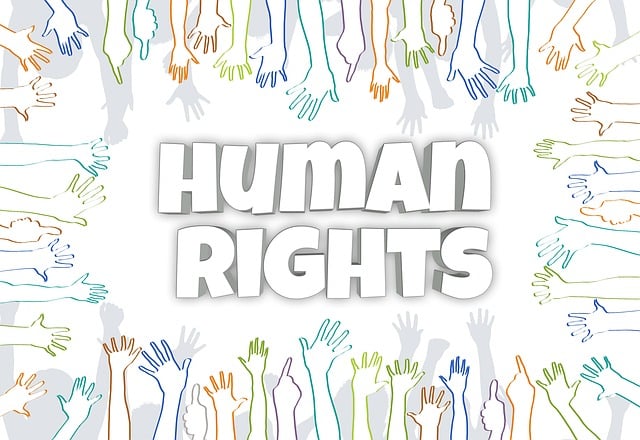
When facing public corruption charges, one of the primary concerns for individuals and businesses alike is safeguarding their reputation. Accusations of wrongdoing can severely impact trust in personal and professional relationships, as well as the future prospects of a respective business. Therefore, building a robust defense strategy becomes paramount. This involves meticulous fact-finding, gathering evidence to counter the allegations, and employing legal experts who understand the intricacies of these cases.
Effective navigation of the legal process requires a deep understanding of both the charges and the applicable laws. Experienced attorneys can help clients interpret complex regulations related to white-collar and economic crimes, ensuring that every legal argument is presented in their favor. The ultimate goal is to secure a complete dismissal of all charges, preserving integrity and allowing individuals and businesses to move forward with confidence.
In navigating public corruption charges, understanding the definitions and legal framework is just the first step. A robust defense strategy, centered around gathering and presenting compelling evidence, can disprove allegations and protect one’s reputation. By adhering to legal procedures and employing effective communication throughout the process, individuals can successfully navigate these challenging accusations, ensuring justice and preserving their integrity. Building a defense against false accusations demands a comprehensive approach, from strategic planning to meticulous documentation, ultimately leading to a fair outcome.



